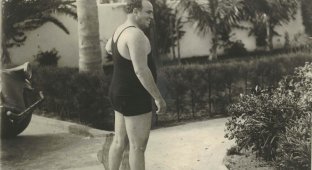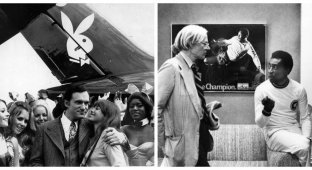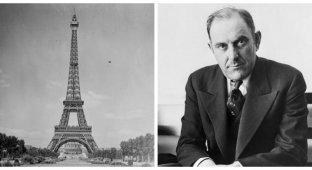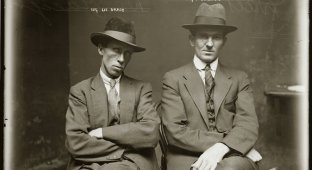What happened to mafioso Al Capone's money after his death? (6 photos)
Infamous gangster Al Capone made history thanks to his criminal empire built during the Prohibition era and the emergence of such terms as "money laundering" and "racketeering." 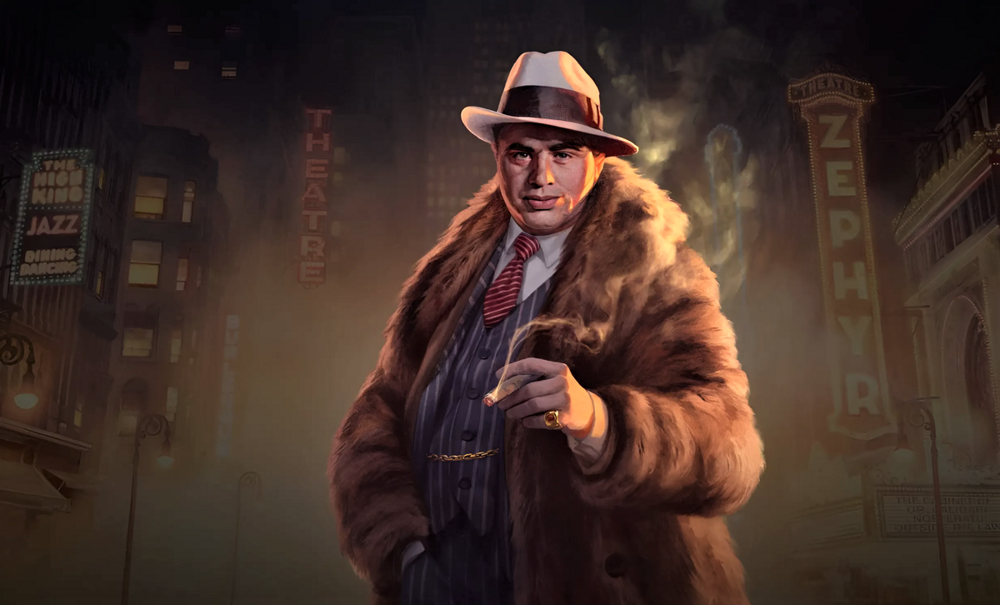
At the height of his power, Al Capone was known to employ over 600 gangsters throughout Chicago, and his net worth was estimated at ~$100 million (and that was a conservative estimate). By today's standards, that's almost $1.5 billion.
Capone's rise to wealth began when he became a mob boss in Chicago in the 1920s. 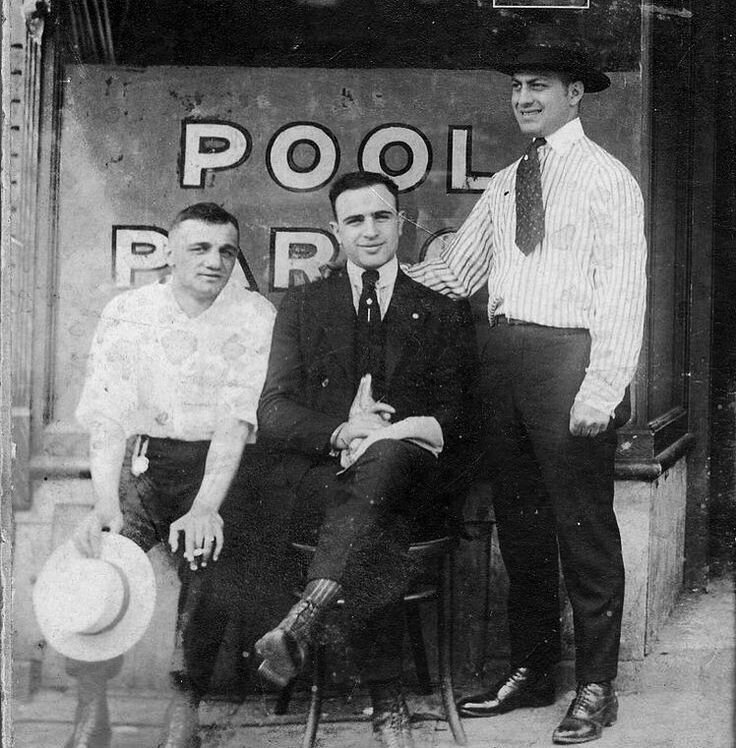
Al Capone in his youth (center)
Alfonse Gabriel "Al" Capone, born in 1899 in Brooklyn to poor Italian immigrants, by the age of 14 showed a strong intellect and a tendency toward hot-tempered and aggressive behavior. After he was expelled from school for hitting a teacher, he joined local street gangs.
But his real ascension to the path of a mob boss came when mobster Johnny Torrio invited him to work for James "Big Jim" Colosimo in Chicago in 1919. Having joined the gang, Al Capone began working as a bouncer in a billiards club, later Colosimo's brothel, and then in the Harvard Inn bar owned by a gangster named Frankie Yale, in which, after a stabbing with a petty gangster, the future mafia boss would receive his famous scars on his face.
It was only in 1925 that Capone's life changed seriously when his mentor Johnny Torrio (godfather of the Chicago family), who was at odds with the Irish North Side Gang, decided to retire after an unsuccessful attempt on his life. It was at this point that Torrio handed over the reins of the Chicago branch to his protégé, Al Capone.
Al Capone's rise to the helm changed the rules of the game. 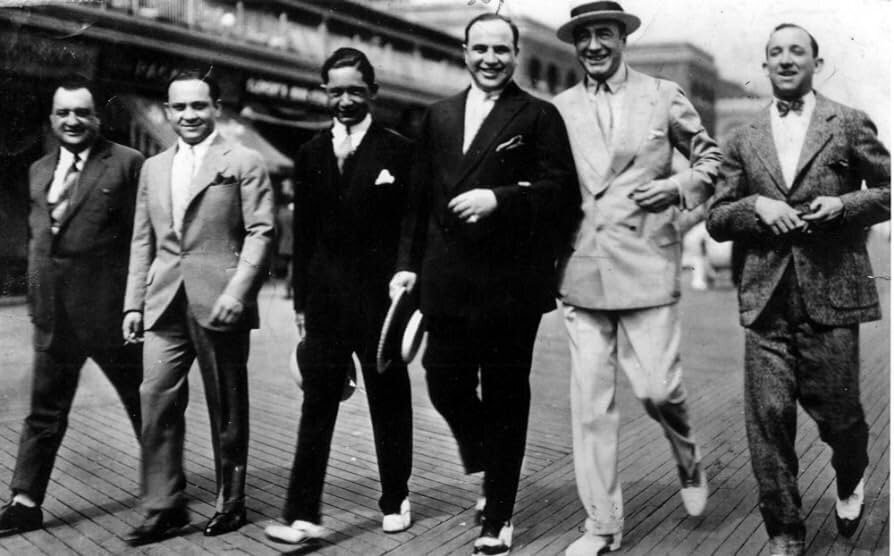
Al Capone (third from right) with his mafia family
Having led the mafia, Al Capone began to play big. He exterminated all the Irish gangs, subjugated Chicago, and began bribing the police and politicians. And also create sophisticated money laundering schemes that allowed him to hide the origin of his illegally obtained funds, because of which the Chicago family constantly had problems with the police and the tax authorities.
One of his main methods was to invest in legitimate businesses such as restaurants, nightclubs and breweries. This business served a dual purpose for Capone. On the one hand, they brought in legitimate income, providing him with cover for his criminal activities. On the other hand, they acted as a means of laundering his illegal funds.
By investing in a profitable business, he could combine his illegal income with his legitimate income. This made it difficult for law enforcement to trace the source of his wealth related to his criminal activities
The complex network of his operations allowed him to accumulate enormous wealth. According to Business News Daily, Capone owned 300 businesses that were used as fronts for his mob's illegal activities.
According to one government report, by mid-1926, Capone's empire was earning approximately $50 million a year each month from illegal liquor, $25 million from gambling, and about $10 million from illegal substances and prostitution.
Despite his ruthlessness in the pursuit of profit, Capone was also quite generous. During the Great Depression, he reportedly opened one of the first soup kitchens in Chicago. Some people called him a "modern-day Robin Hood" because of all the charities he supported.
And of course, such huge appetites made Al Capone the most important target for the FBI. He was arrested several times between 1926 and 1930 before being charged with tax evasion. By the time he served his sentence in 1932, the famous criminal suffered from syphilis, gonorrhea and addiction.
After his release from prison in 1939, Capone fell from power and suffered from various mental and physical health problems. He died in 1947 at the age of 48.
What happened to Al Capone's money? 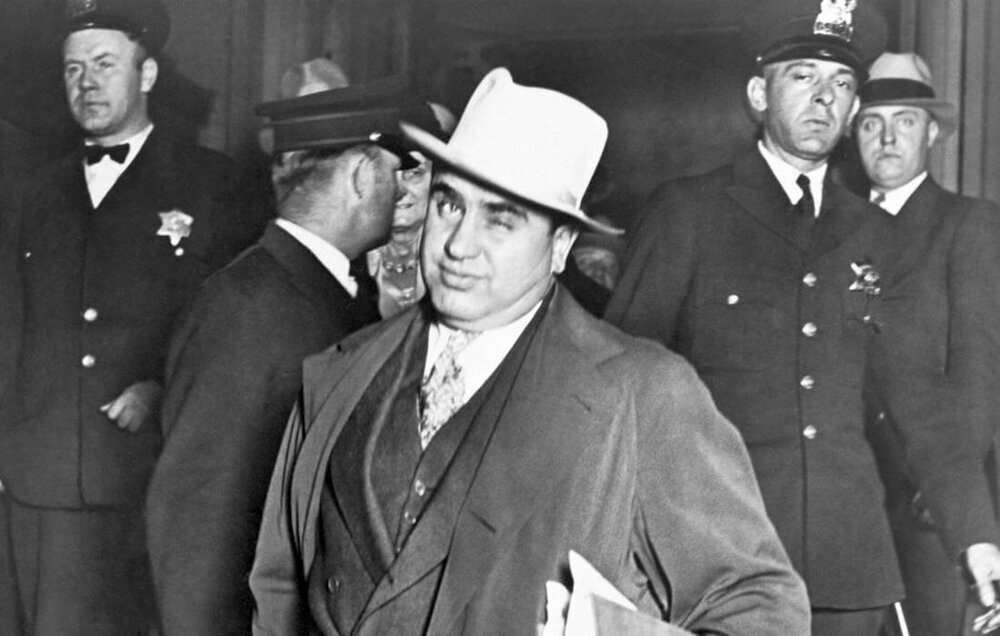
Most criminal empires at one time existed on cash, for obvious reasons.
“Dirty” millions cannot be deposited in a bank without suspicion of tax evasion. Because of this, many famous gangsters had to hide their money and gold in different places, bury and even wall up bags of millions in the walls of the houses of their closest relatives.
Al Capone did not escape this fate. However, according to his great-niece Deirdre Marie Capone in her book Uncle Al Capone: The Untold Story from Inside His Family, shortly before going to prison, the famous mobster hid and buried an untold fortune that would have lasted his family for generations. forward. But after his release from prison, Capone faced serious mental problems; for a long time he walked around the area near his mansion with a shovel, where his wife and son lived, and could not remember where exactly his money was buried.
Telling the family in advance where the money would be hidden was also problematic due to the fact that Capone was carefully monitored and his conversations were wiretapped. 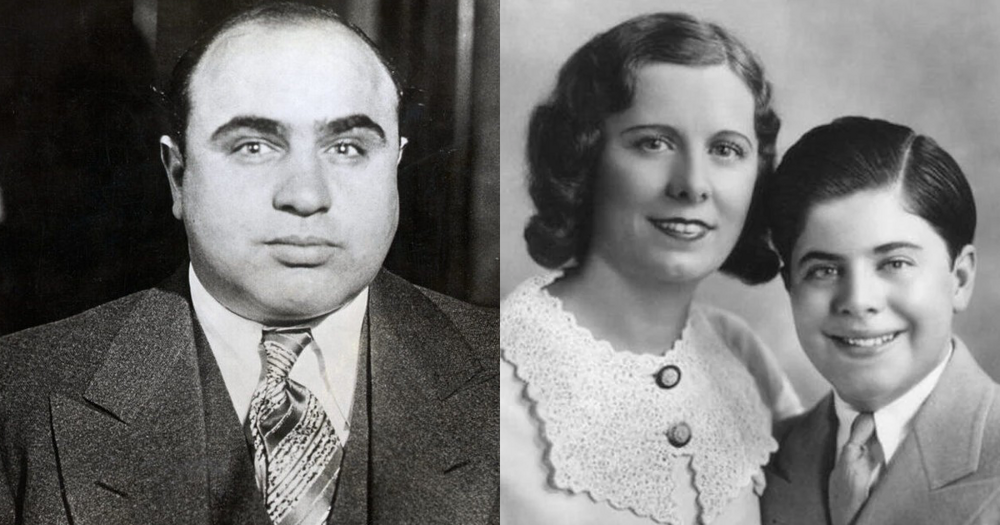
Al Capone, his wife and son
To everyone who wonders, “how could a person forget where he buried (at least) a hundred million dollars”?
It should be remembered that Al Capone suffered from syphilis. As the disease progressed, it began to affect his psyche. Even when doctors prescribed him penicillin—a new experimental drug at the time—in the early 1940s, it was too late to reverse Capone's brain damage. A year before his death, doctors said he had the mentality of a 12-year-old child.
It's safe to say that Al Capone's family really didn't see his money after his death.
For example, his son, Albert Francis Capone Jr., nicknamed “Sonny,” led a quiet, modest life after his father’s death, despite the weight of his shameful family name. 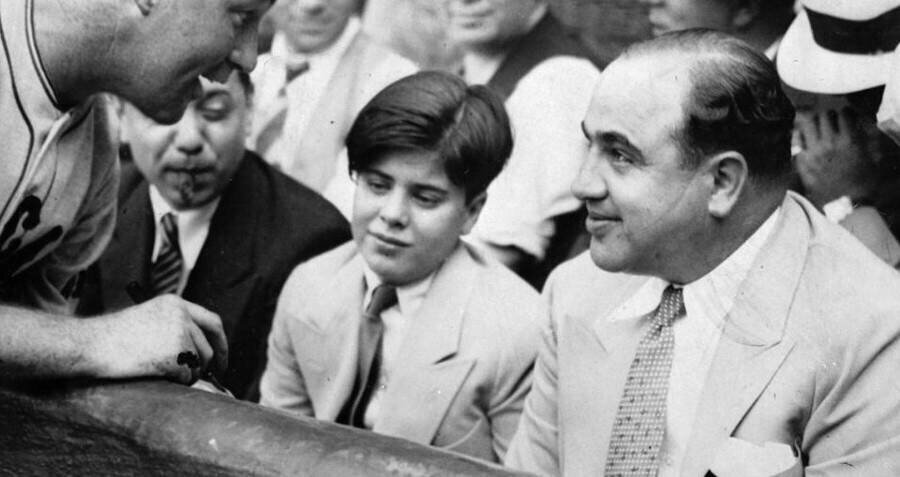
Al Capone with his son Albert
For a time, Sonny Capone worked as a used car salesman, but quit his job when he learned that his boss was manipulating odometers. Later, he worked as a printer, a waiter in a restaurant with his mother, and even as a tire distributor.
On August 7, 1965, Albert Francis Capone was detained by police for a petty crime. A store clerk caught him stealing two bottles of aspirin and some batteries because he didn't have the money to pay for the items. When he appeared before a judge, he received two years' probation but brushed off his crime, saying that "everyone has a little theft."
The mystery of Capone's missing millions continues to cause endless gossip and speculation even among his descendants.
Was the money hidden where Capone was looking for it? Maybe he was helped to hide them by former subordinates who, after the arrest of their boss, decided to appropriate the money for themselves? Or maybe somewhere in the world Al Capone’s fabulous treasures are still buried, which he really forgot about due to mental and memory problems?
Since the supposedly buried treasure has yet to be found, who knows - some lucky homeowner might one day make a rather unexpected discovery.













